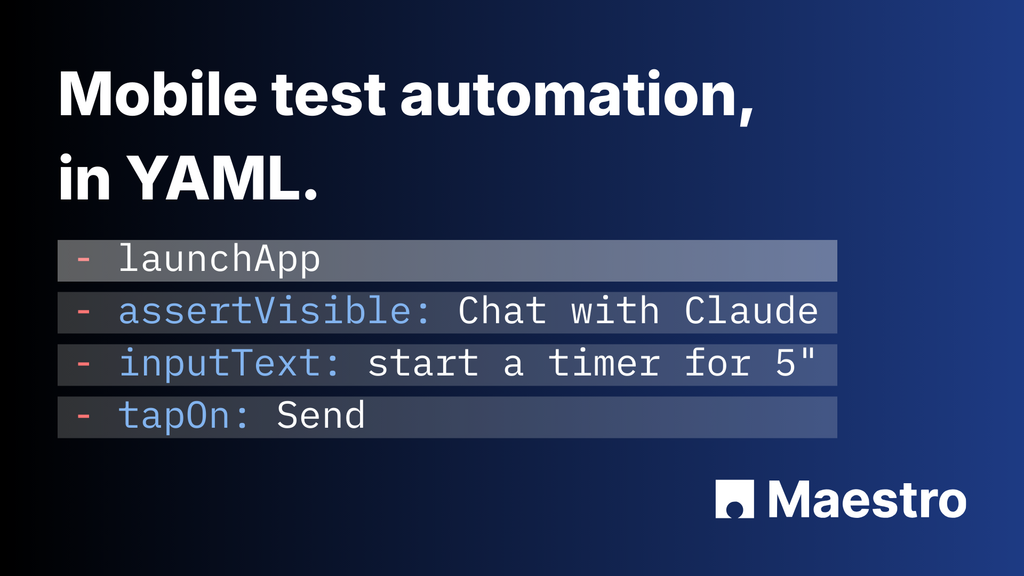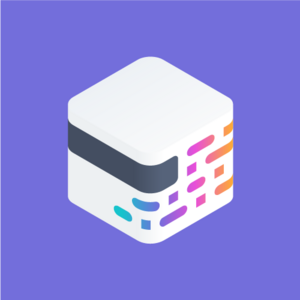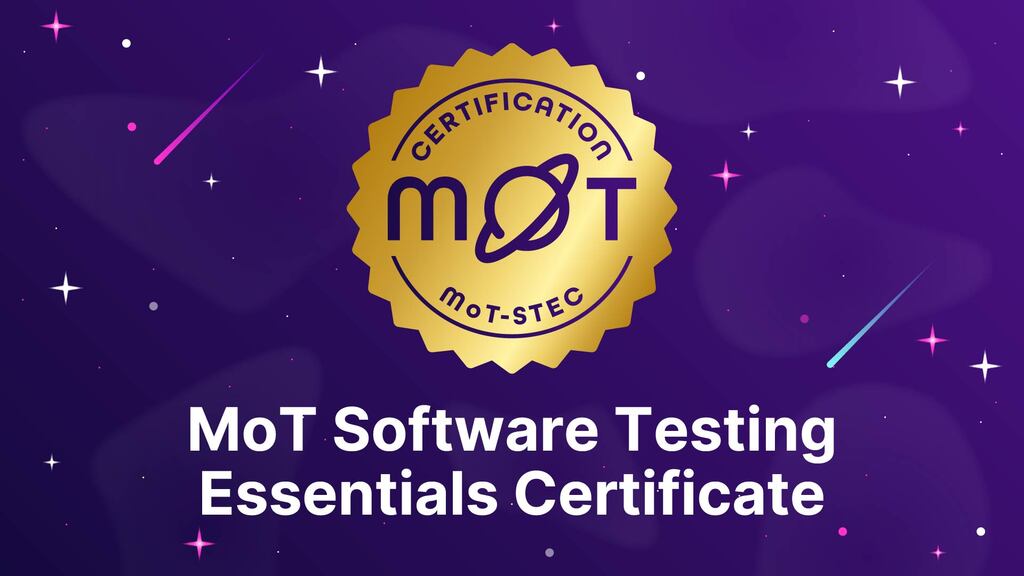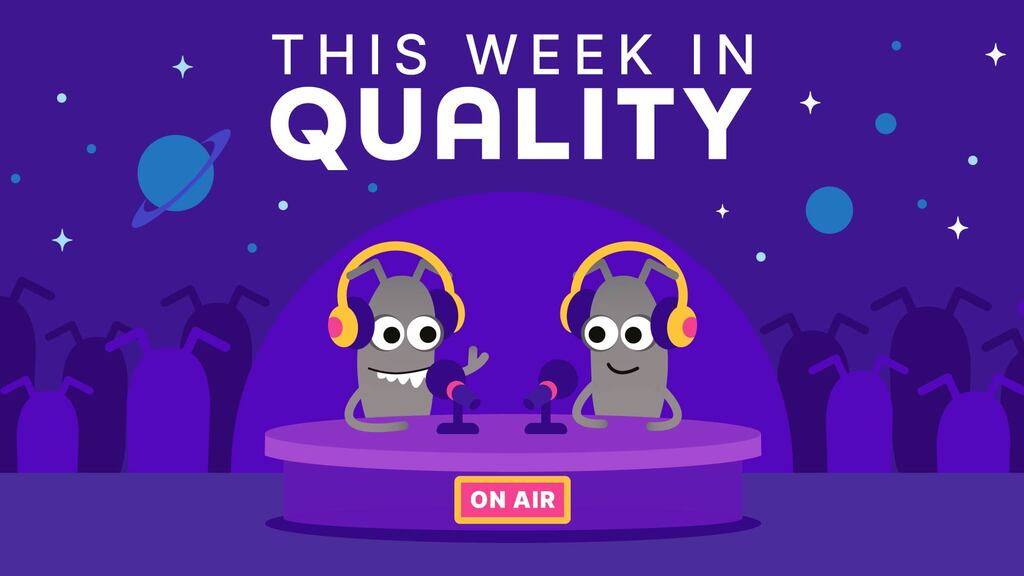How does your tool improve my life as someone in QA?
QA professionals live in an almost constant time crunch. They’re being asked to complete more tests, execute more complex tests, and support the customer experience. Though this push is spotlighting the value of testing, it also means that QA teams need better tools. Mabl responds to this with our low-code test automation platform that makes it easy for anyone - regardless of coding experience - to create and manage tests. Once tests are created, mabl’s AI-backed auto-healing capability significantly reduces the amount of maintenance needed by automatically updating tests in tandem with your application. Mabl simplifies the entire bug discovery and resolution process with easy issue creation and tracking, so everyone has the information they need to quickly resolve bugs. Our solution integrates with popular tools like Jira, GitHub, and Bitbucket to make testing a seamless part of the development process. With less time spent on bug handoffs, testers have more time to focus on other dimensions of quality, such as functional correctness, accessibility, or exploratory testing. Downstream benefits to quality teams include the ability to contribute to product velocity improvements, increase test coverage, and create better user experiences. Ultimately, we want to enable anyone on your team to take ownership and get involved in the testing process to help you build a culture of quality.
What misconceptions are there around your tool?
There are a few misconceptions about how mabl can help testers. The first is that mabl is just a record and playback tool. Though mabl has an approachable test creation process that records test steps in the mabl Trainer, we enable users to complex scenarios by inserting custom JS snippets. These snippets can be saved in a library for the entire team so that every tester can execute complex tests. A second misconception is that purchasing a solution like mabl means rebuilding tests from scratch. Instead, we make the transition between testing solutions as easy as possible by allowing users to import Selenium and Postman tests. Tests created in mabl can be exported into those tools as well.
What tool feature are you most proud of?
Our users most often describe mabl as 'simple' and 'powerful.' We're proud of the fact that testing in mabl is possible for the entire QA team, while also saving them hours spent on test maintenance.
What is your roadmap and how do you decide what to prioritize?
Building a low-code solution that makes test creation and maintenance as easy as possible is always the number one focus for our team. As we expand mabl’s capabilities to include features like cross-browser and API testing capabilities, customer feedback is key. We take feedback through a number of channels, such as our feedback portal and quarterly NPS surveys. To shape our longer-term vision, our customer advisory board meets regularly.
How do you involve your customers in your tool development process?
There are ample opportunities for our customers to participate in the development process. Users can submit their priorities into our feedback portal at any time, and we run regular NPS surveys to understand what is and is not working well in mabl. Additionally, our engineers and product owners join user calls to understand how they are using the product and collect feedback. When a new feature enters beta, users have the opportunity to become a member of our Early Access Program. They can try the feature and can share their experiences early on in the development process.
How do you test your own tool?
Like any mature testing organization, the mabl team uses a range of tests to ensure full test coverage. We begin with unit tests, which are heavily used throughout all of our codebases. Next, integration tests are heavily used to test the end-to-end user experience of our application. The team also runs regular exploratory testing sessions for the web and desktop applications. We have as much as 100 UI commits per week; it would be difficult to keep this pace with flakey tests and manual pipelines. We test thoroughly at all stages, from code through production. During the coding stage, unit and integration tests are executed using mabl’s local runner. In the pull request stage, we establish a preview environment and run through deployment and cross-browser tests. Next in the development phase, all regression and exploratory tests are executed. Lastly, we monitor performance and test coverage in production - particularly with our Segment integration that ensures testing is aligned with our user’s needs. If you’re interested in learning more about how mabl tests mabl, check out this video (https://www.mabl.com/videos/behind-the-scenes).
What is the most underappreciated feature of your tool?
One subtle, yet impactful feature of mabl is the ability to create more resilient ‘find steps’. Mabl uses a number of intelligent find strategies to locate elements. However, mabl will ask you for context on why you picked a particular element on the page, especially when there are many similar elements on the page. By adding this context, mabl can more easily adapt to changes, better support lists and grids in your application, and save you additional time on test maintenance.
How do you support your customers when releasing tool updates?
To best support our customer’s testing needs, we regularly ship updates to our application. Our users can find out about changes through a number of channels. After a new feature or improvement ships, mabl users are notified via our community slack channel, or by checking our release notes in the mabl support community. All changes are summarized in a monthly newsletter for our users. For major releases, we host webinars for the mabl user community to detail the update and share best practices. Our Customer Support team is available to anyone who has questions about a recent release needs support when using a new feature.
What type of support is given when purchasing your tool?
The mabl Customer Success team works with every customer throughout their engagement with mabl. All new users have access to chat and email support, along with access to mabl University, a self-paced training course. Their extensive role relies on a combination of empathy and evidence to ensure that customers aren’t just making the most of mabl, but have the personalized support to overhaul their QA strategy.
How would you like to keep the conversation going with the Ministry of Testing community in the long term?
We are always excited to talk testing with the community. If you have any questions for our team, you can always post them in mabl's 'The Club' thread, or tweet us @mablhq!





